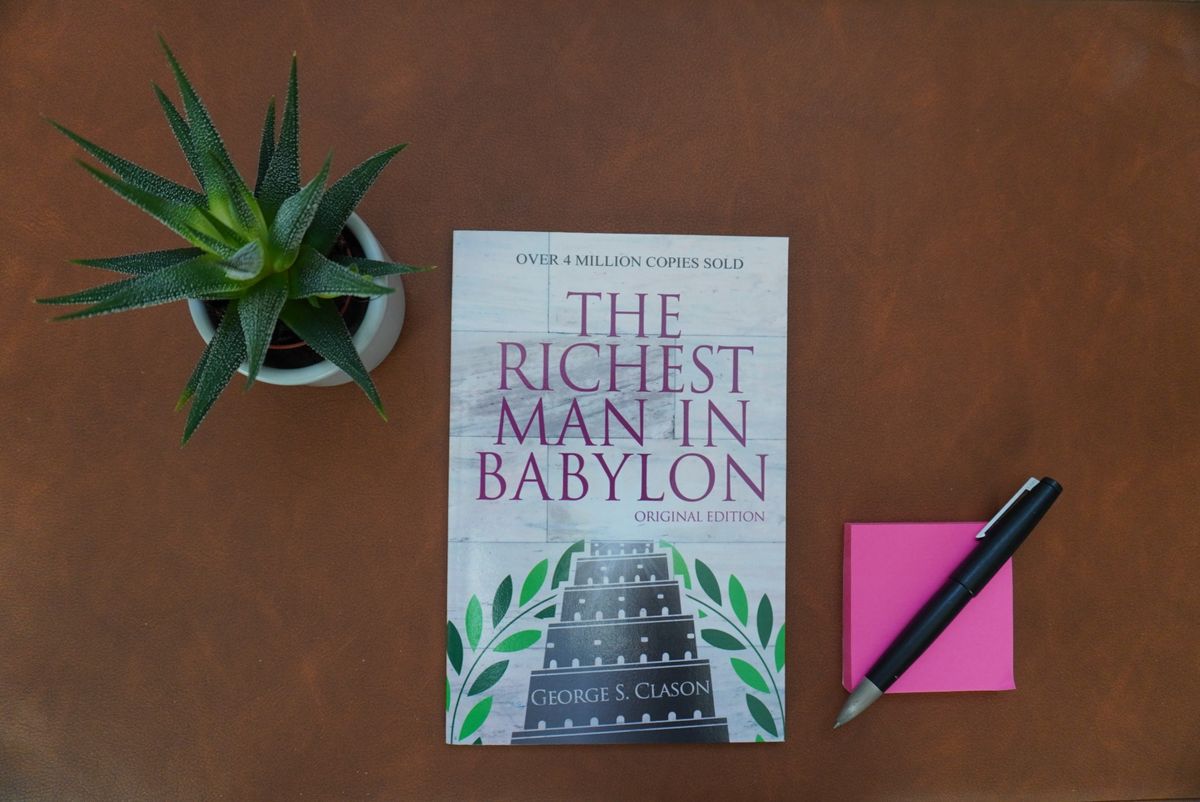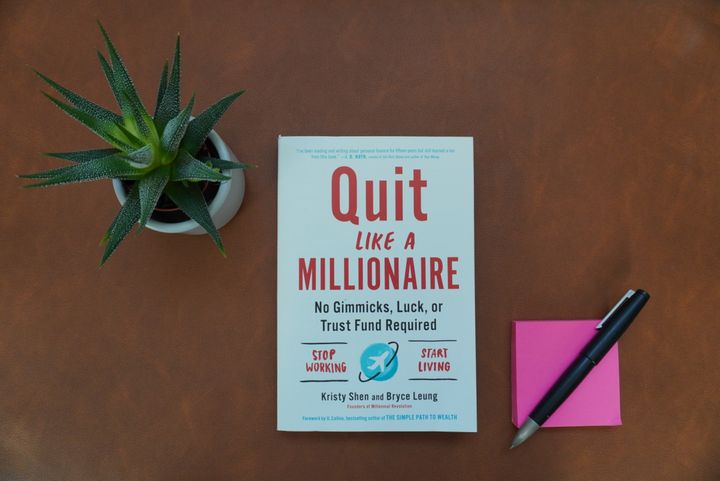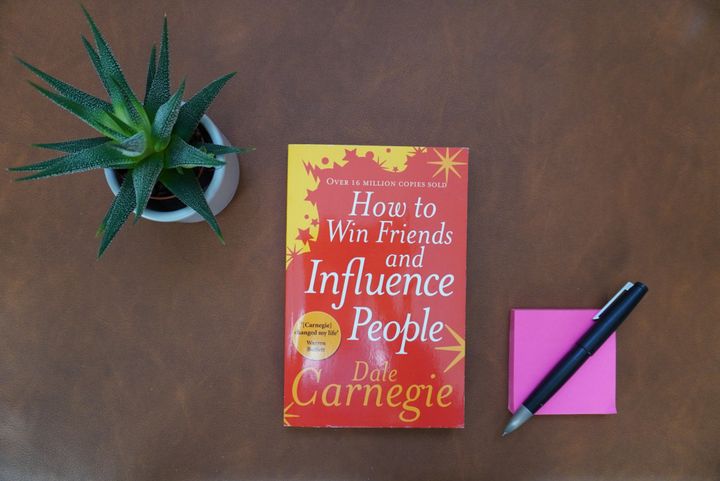Book review & Summary: 'The Richest Man in Babylon' by George S. Clason.
The Richest Man in Babylon" by George S. Clason offers valuable financial advice through relatable parables set in ancient Babylon.

The Richest Man in Babylon" by George S. Clason offers valuable financial advice through relatable parables set in ancient Babylon. One of the book's main messages is that wealth is not just about earning a high income, but about understanding and managing your finances effectively. The book also emphasizes the importance of setting financial goals and developing a plan to achieve them through a series of stories that follow the lives of everyday people. Set 4000 years ago the parables are told through a character called Arkad, a man who started out poor yet became the "richest man in Babylon". Two key areas overlap each other centred on "The Seven Cures" and the "Five Laws of Gold"
The Seven Cures for a lean purse.
- First Cure: Start thy purse to fattening. The advice here is to pay yourself first, setting aside 10% of your monthly income before you do anything else. This will start building wealth and as your purse fattens (wealth accumulates) you will gain great satisfaction.
- Second Cure: Control thy expenditures. Arkad advises that you should live within your means. If you have saved 10% of your income you have 90% left to spend. You should use this to buy necessities, not luxury items you do not need.
- Third Cure: Make thy gold multiply. In this lesson, Arkad advised making your money work for you by investing your savings and allowing them to compound the investment over time by re-investing the returns.
- Fourth Cure: Guard thy treasures from loss. It is far easier to lose wealth than it is to build it so you must protect your wealth from bad investments, following poor advice or misfortune. Get-rich schemes rarely work and are more likely to cause you more financial woe than get you rich quickly.
- Fifth Cure: Make of thy dwelling a profitable investment. This lesson speaks for itself; rather than rent and pay a landlord your hard-earned money instead put it towards a mortgage to own your own home.
- Sixth Cure: Ensure a future income. Here the lesson is to make sure you save for your future to include retirement. If you fall ill and cannot work you have insurance to fall back on, if you lose your job you have an emergency fund to cover expenses and when you retire you have a pension to help look after yourself in old age.
- Seventh Cure: Increase thy ability to earn. Arkad teaches that if you invest in yourself you can improve your earning ability. It could enable you to earn more in your current job, switch to a new career or provide a side income.
The Five Laws of Gold
- The First Law of Gold: "Gold cometh gladly and in increasing quantity to any man who will put by not less than one-tenth of his earnings to create an estate for his future and his family". Similar to the First Cure regarding paying yourself first.
- The Second Law of Gold: "Gold laboreth diligently and contentedly for the wise owner who finds for it profitable employment, multiplying even as the flocks of the field". Similar to the Third Cure regarding compound investing.
- The Third Law of Gold: "Gold clingeth to the protection of the cautious owner who invests it under the advice of men wise in its handling". The advice here is to take a long-term view and invest with someone trustworthy.
- The Fourth Law of Gold: "Gold slippeth away from the man who invests it in businesses or purposes with which he is not familiar or which are not approved by those skilled in its keep". Similar to the Third Law only invest in areas you or your advisers have specialist knowledge of, or don't just listen to stock tips from Dave down the pub.
- The Fifth Law of Gold: "Gold flees the man who would force it to impossible earnings or who followeth the alluring advice of tricksters and schemers or who trusts it to his own inexperience and romantic desires in investment." Do not invest in get-rich-quick schemes; if it sounds too good to be true the likelihood is that is the case. Your head needs to rule your heart.
Arkad also tells the story of a livestock trader who is offered the chance to buy a large flock at night but instead waits for the morning to better inspect the animals. Unfortunately, by morning the competition has heard about the deal and he misses out. If he had gone for the deal he could have been described as lucky, but often you make your luck by being decisive and taking advantage of the opportunity. Do not hesitate and procrastinate; act on something rather than wait for anything to happen.
Final thoughts
To create wealth you must first save some of your income, live within your means and invest both financially and personally so that you can seize upon opportunities when they become available to you. You must also think long-term and listen to specialist advice to continue to be wealthy in the future.



Comments ()